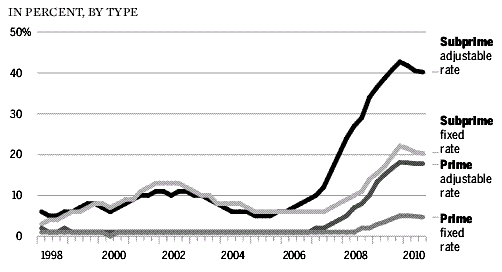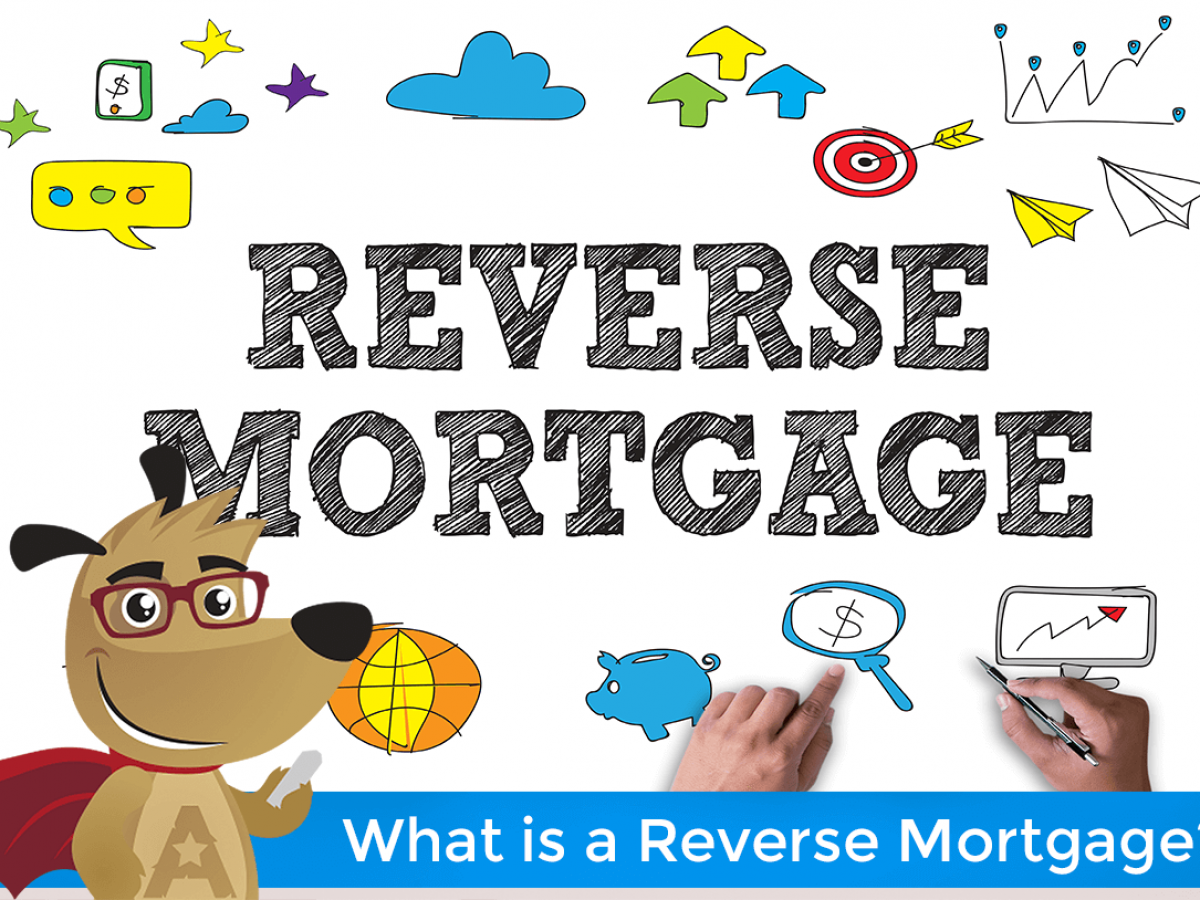Possibilities are, you have actually seen commercials boasting the benefits of a reverse home mortgage: "Let your house pay you a month-to-month dream retirement earnings!" Sounds fantastic, best? These claims make a reverse home mortgage sound practically too great to be real for senior homeowners. But are they? Let's take a more detailed look. A reverse mortgage is a kind of loan that uses your house equity to supply the funds for the loan itself.
It's essentially a chance for retired people to tap into the equity they have actually developed over several years of paying their mortgage and turn it into a loan on their own. A reverse home mortgage works like a routine mortgage because you need to use and get authorized for it by a lending institution.
However with a reverse home loan, you do not make payments on your house's principal like you would with a regular mortgageyou take payments from the equity you've constructed. You see, the bank is lending you back the cash you have actually already paid on your home however charging you interest at the same time.
Appears simple enough, right? However here comes the cringeworthy truth: If you die prior to you have actually offered your home, those you leave are stuck to 2 alternatives. They can either pay off the full reverse home loan and all the interest that's stacked up over the years, or surrender your house to the bank.
Like other kinds of home mortgages, there are various kinds of reverse home loans. While they all basically work the same way, there are 3 main ones to understand about: The most common reverse home mortgage is the Home Equity Conversion Mortgage (HECM). HECMs were developed in 1988 to assist older Americans make ends satisfy by allowing them to use the equity of their houses without having to leave.
The Only Guide to What Is Today Interest Rate For Mortgages
Some folks will utilize it to spend for bills, getaways, home renovations and even to settle the remaining amount on their regular mortgagewhich is nuts! And the effects can be substantial. HECM loans are kept a tight leash by the Federal Housing Administration (FHA.) They don't desire you to default on your home mortgage, so due to the fact that of that, you will not qualify for a reverse mortgage if your home is worth more than a certain amount.1 And if you do qualify for an HECM, you'll pay a significant mortgage insurance premium that safeguards the lending institution (not you) against any losses - how do reverse mortgages work?.
They're offered up from independently owned or operated business. And due to the fact that they're not managed or guaranteed by the federal government, they can draw property owners in with guarantees of greater loan amountsbut with the catch of much higher rate of interest than those federally guaranteed reverse mortgages. They'll even provide reverse home mortgages that enable house owners to borrow more of their equity or include homes that exceed the federal optimum amount.
A single-purpose reverse home mortgage is offered by federal government firms at the state and local level, and by nonprofit groups too. It's a type of reverse home loan that puts guidelines and restrictions on how you can utilize the cash from the loan. (So you can't invest it on a fancy getaway!) Normally, single-purpose reverse home loans can just be utilized to make real estate tax payments or spend for home repair work.
The important things to keep in mind is that the loan provider has to approve how the cash will be utilized prior to the loan is offered the OKAY. These loans aren't federally guaranteed either, so lenders don't have to charge home mortgage insurance premiums. But because the cash from a single-purpose reverse mortgage needs to be utilized in a specific way, they're usually much smaller sized in their amount than HECM loans or proprietary reverse home mortgages.

Own a paid-off (or at least considerably paid-down) house. Have this house as your main house. Owe absolutely no federal financial obligations. Have the capital to continue paying real estate tax, HOA charges, insurance, maintenance and other home costs. And it's not just you that has to qualifyyour house likewise needs to meet particular requirements.
An Unbiased View of How Do Variable Mortgages Work In Canada
The HECM program also permits reverse home mortgages on condominiums authorized by the Department of Real Estate and Urban Advancement. Before you go and sign the papers on a reverse mortgage, take a look at these four major downsides: You might be considering getting a reverse home loan since you feel confident borrowing versus your house.
Let's break it down like this: Picture having $100 in the bank, however when you go to withdraw that $100 in money, the bank just offers you $60and they charge you interest on that $60 from the $40 they keep. If you wouldn't take that "offer" from the bank, why in the world would you wish to do it with your home you've invested years paying a home loan on? But that's precisely what a reverse mortgage does.
Why? Since there are costs to pay, which leads us to our next point. Reverse home mortgages are loaded with extra costs. And the majority of debtors opt to pay these costs with the loan they're about to getinstead of paying them out of pocket. The important things is, this costs you more in the long run! Lenders can charge up to 2% of a house's value in an sirius cancellation phone number paid up front.

So on a $200,000 house, that's a $1,000 yearly cost after you have actually paid $4,000 upfront obviously!$14 on a reverse home loan are like those for a regular home loan and include things like home appraisals, credit checks and processing costs. So before you understand it, you've drawn out thousands from your reverse home mortgage prior to you even see the very first penny! And given that a reverse mortgage is just letting you use a portion the worth of your home anyhow, what occurs when you reach that limitation? The money stops.
So the quantity of cash you owe goes up every year, every month and every day till the loan is settled. The marketers promoting reverse home loans enjoy to spin the old line: "You will never owe more than your house is worth!" However that's not exactly real due to the fact that of those high rate of interest.
The 8-Second Trick For How Does Chapter 13 Work With Mortgages
Let's say you live up until you're 87. When you pass away, your estate owes $338,635 on your $200,000 home. So rather of having a paid-for home to pass on to your loved ones after you're gone, they'll be stuck to a $238,635 expense. Chances are they'll have to offer the home in order to settle the loan's balance with the bank if they can't afford to pay it.
If you're investing more than 25% of your income on taxes, HOA fees, and family bills, that means you're house poor. Connect to one of our Backed Regional Service Providers and they'll help you browse your options. If a reverse home loan lending institution informs you, "You won't lose your home," they're not being straight with you.
Believe about the factors you were considering getting a reverse home loan in the first place: Your budget plan is too tight, you can't afford your daily expenses, and you don't have anywhere else to turn for some additional cash. Suddenly, you have actually drawn that last reverse home mortgage https://penzu.com/p/598c5793 payment, and then the next tax bill wesley financial group scam comes around.